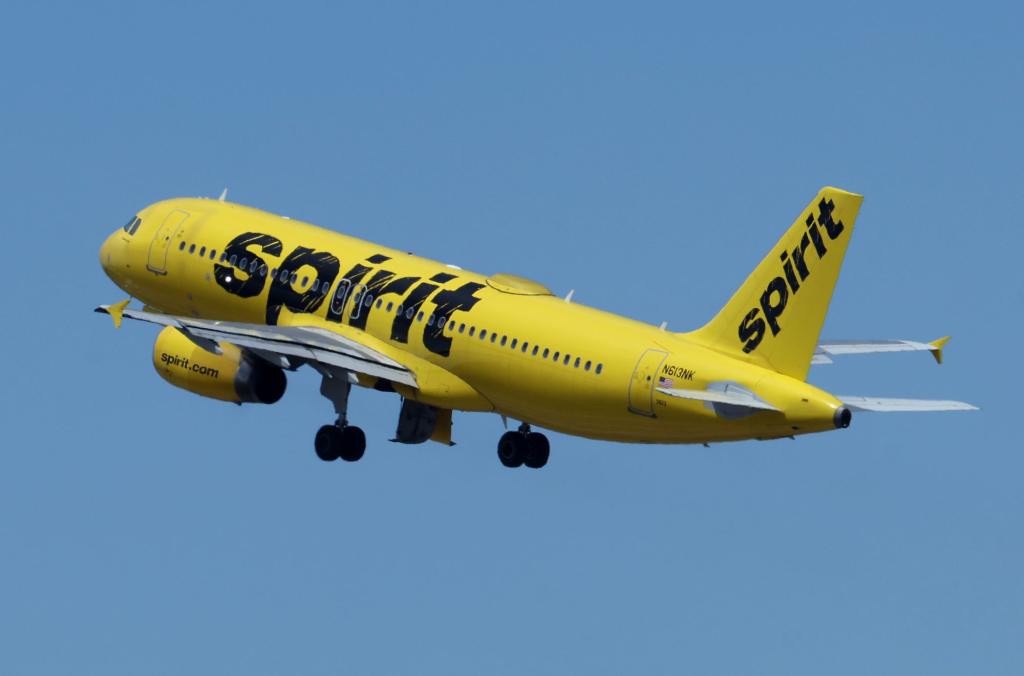Spirit Airlines CEO Ted Christie recently spoke about the state of the airline industry, expressing concerns about the lack of competition and the growing dominance of a few major carriers. He stated that nearly all the profits in the U.S. airline industry are concentrated in just two companies, leaving smaller carriers struggling to compete in what he described as a rigged game where American consumers are the long-term losers. These comments were made during an earnings call with analysts, where Christie openly discussed the challenges faced by non-legacy carriers in the industry.
Christie also mentioned a failed merger attempt with JetBlue Airways that would have created a stronger competitor to the dominant U.S. airlines. The $3.8 billion deal, announced in 2022, aimed to save consumers hundreds of millions of dollars and provide more choices in the market. However, the merger faced regulatory pushback, with a federal judge ultimately blocking JetBlue’s acquisition of Spirit. This decision was made after concerns were raised that the deal would limit low-cost air travel options for consumers, highlighting the challenges faced by airlines trying to innovate and compete in the industry.
Despite the setback with the failed merger, Christie emphasized his belief that the decision to block the deal was a misreading of both the evidence and the law. He expressed frustration with the Department of Justice’s involvement in the case and criticized their lack of understanding of the dynamic nature of the airline business, especially in the aftermath of the COVID-19 pandemic. Christie’s comments shed light on the complexities and regulatory hurdles that airlines face when trying to navigate mergers and acquisitions in a highly competitive and rapidly evolving industry.
The merger with JetBlue was seen as a strategic move to create a viable challenger to the Big Four U.S. airlines, who currently dominate the market. However, the failed attempt highlighted the challenges faced by smaller carriers like Spirit in trying to compete with larger, established players. Christie’s frank assessment of the industry’s landscape underscores the need for more competition and consumer choice to ensure that passengers have access to affordable and diverse travel options in the market.
As Spirit Airlines continues to navigate the evolving airline industry, Christie’s candid remarks serve as a reminder of the ongoing challenges faced by carriers in this highly competitive environment. The failed merger with JetBlue and the subsequent regulatory hurdles illustrate the complexities of trying to create a more competitive landscape in an industry dominated by a few major players. Moving forward, it will be crucial for airlines to find innovative ways to differentiate themselves and provide value to consumers while also addressing regulatory concerns and ensuring fair competition in the market.
In conclusion, Ted Christie’s comments shed light on the current state of the airline industry, where challenges related to competition, consolidation, and regulatory scrutiny continue to impact carriers like Spirit Airlines. The failed merger with JetBlue and the subsequent criticisms of regulatory decisions highlight the need for a more level playing field in the industry to ensure fair competition and consumer choice. As the landscape of the airline industry continues to evolve, it will be essential for carriers to find ways to navigate these challenges while also working towards providing better value and services to passengers.


